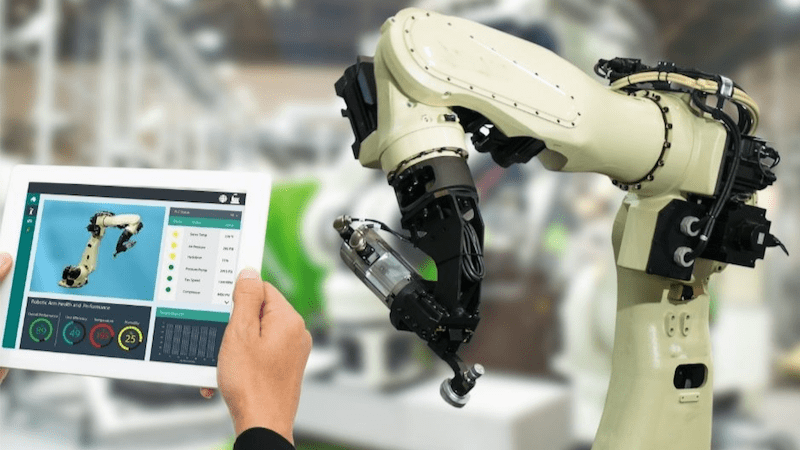Connecting...
How automation is driving demand for a new era of engineering skills
over 3 years ago

Industry 4.0 – also known as the fourth industrial revolution – is transforming our factories and our engineering careers. As automation and the Internet of Things become more commonplace in our manufacturing facilities, so too does the need for a new breed of engineer who understands how to design, programme, monitor and maintain robotics, artificial intelligence and much more.
What is changing in manufacturing?
The traditional manufacturing lines of the past are evolving and smart factories are taking their place. As they do, the roles and responsibilities of engineers are changing too. IT is becoming ever more integrated into every aspect of business and software developers are now just as much a part of the team on the factory floor as they are in the design departments and offices.
The other big change is in the volume of data that is being produced. Technology is continually monitoring, measuring and recording information. This data can be used to plan, design and create processes that improve performance and drive innovation.
Digitalisation is improving productivity with cloud technology, Artificial Intelligence and big data all being important elements of modern manufacturing.
How does this affect the role of an engineer?
Software driven systems are an essential part of any design and manufacturing process. As a result, there is an increasing the need for engineers with robotics and programming skills as well as an understanding of how processes can be automated.
More and more opportunities are arising for automation engineers, whose job it is to eliminate errors and problems with product or software development and with business or customer service processes. As automation and robotics engineers build knowledge and expertise in their sector, there is significant potential to progress in this fast growth area of engineering.
Another skill area that is in high demand is that of control engineers. A control engineer will focus primarily on making sure automated control systems operate effectively, efficiently and safely.
Engineering skills for a new era
The skills that are in highest demand in this new era of engineering include programming expertise (C++ in particular), fluency in engineering design software such as Autodesk Revit, AutoCAD Electrical, or ePlan, problem solving and an interest in and capability for data analysis and reporting.
Other engineering roles which are important in this new phase of industry include that of the process engineer.Process engineering involves optimising manufacturing processes and skills such as critical thinking, numeracy and IT are important in such jobs.
A new mindset
This new world of manufacturing and automation is ideally suited to candidates who can think in terms of systems, grasp how everything works together, adapt their approach to solve specific challenges in their industry and thrive on understanding complex processes.
If there’s something you’d like to know about any of the roles mentioned in this article we’d be happy to help further. Or we could point you in the direction of jobs available right now. Call us on 0115 8714 777.
